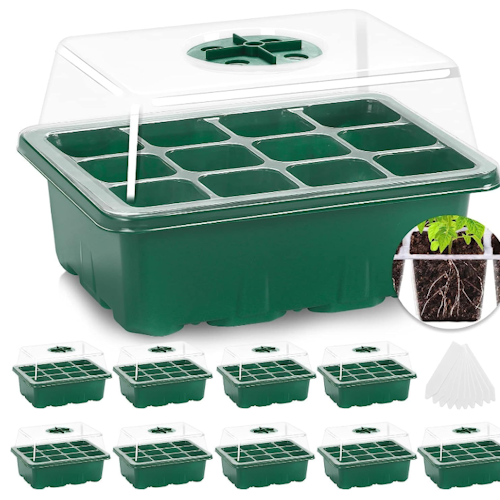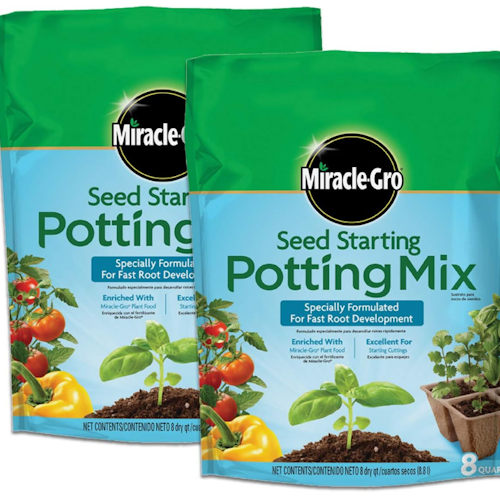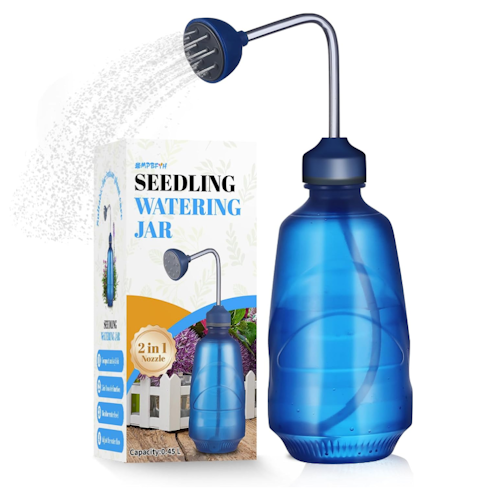There's Still Time to Sow These 7 Flowers Before November for a Spring and Summer Full of Color Next Year
Fall is an ideal time to get ahead with seed sowing

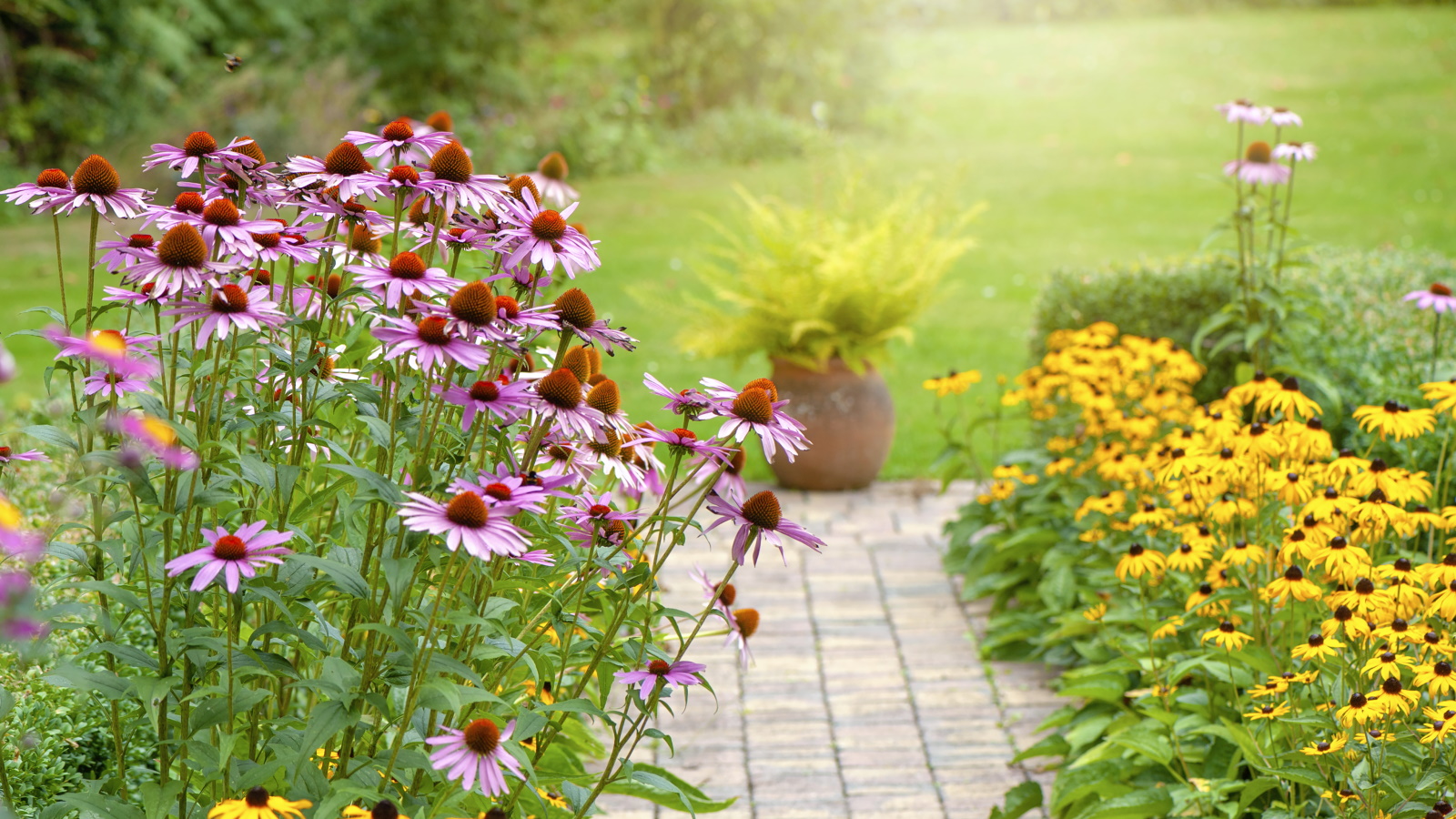
It's hard to believe October is already coming to a close, and as November starts, us gardeners are wary of impending frost. But, there's still time to tick off one important task for this month: flowers to sow in October.
Many of these blooms land on the list of flowers to sow in fall, and the truth is, you can get away with planting them in early November. But, for the best results, getting them sown sooner rather than later is ideal.
Sowing these flowers now will allow plenty of time for the seeds to establish, offering earlier blooms come spring. Many of them also require an essential cold period, so sowing them now is the perfect thing to add to your fall gardening checklist.
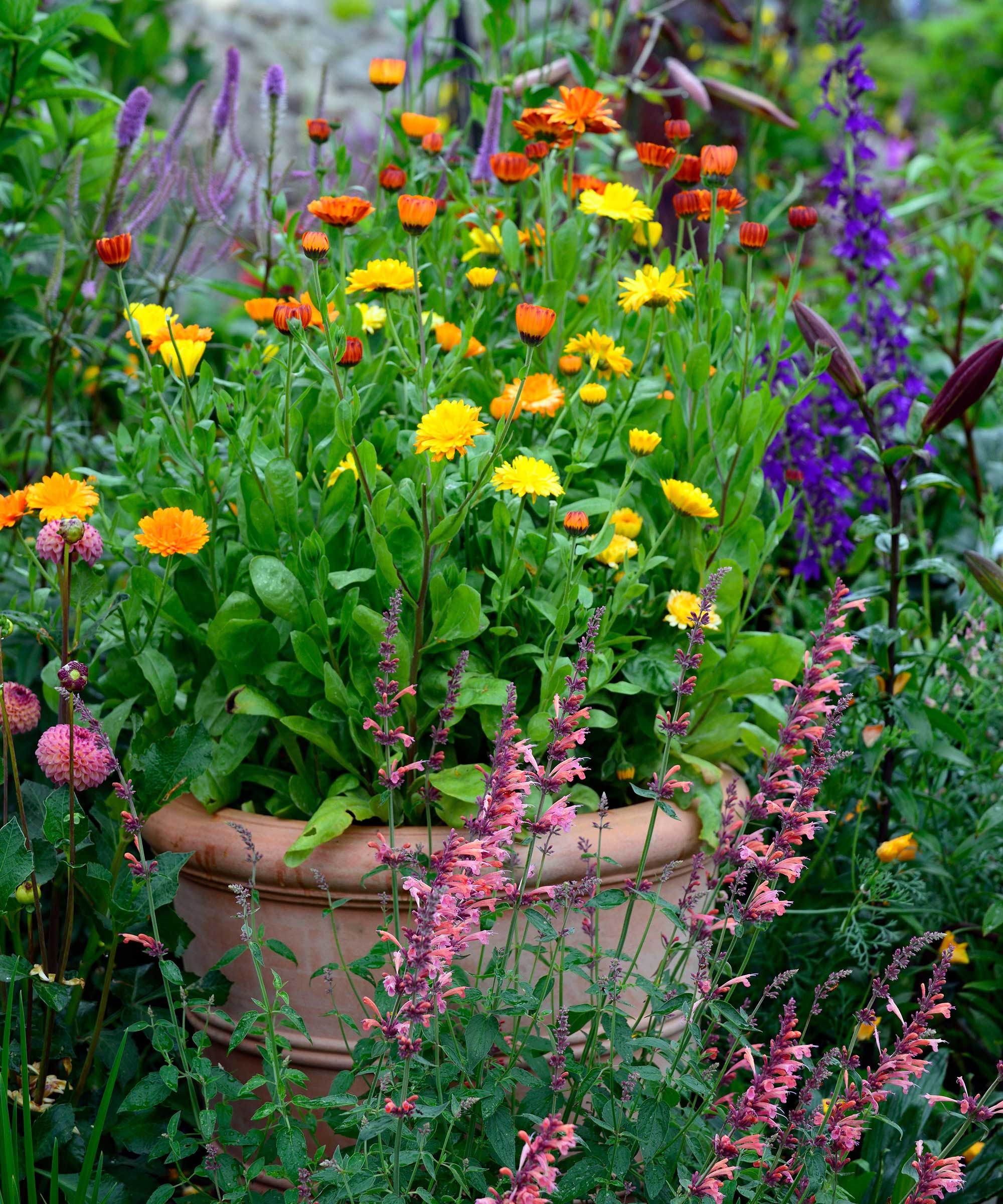
7 Flowers to Sow in October
Many of these flowers to sow in October are annuals, and you can plant them both now and in spring for an extended display. Others are perennials, and sowing them this month will reward you with returning blooms every year, once established.
1. Nigella
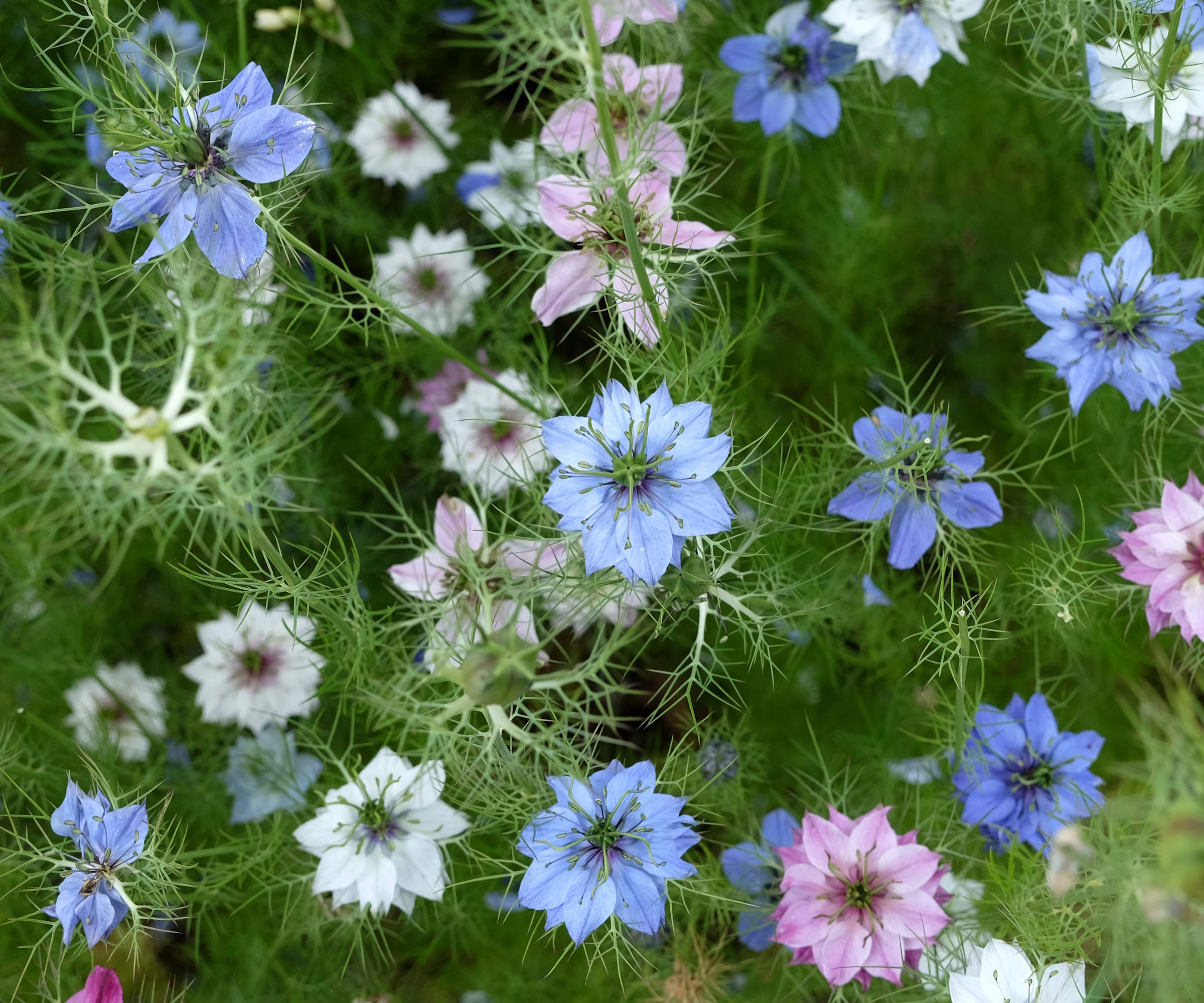
You can grow nigella by sowing seeds in the fall before frost.
It's a hardy annual across US hardiness zones 2 to zone 11. In the majority of climates, you can sow directly outdoors this month. The seeds will then overwinter and start sprouting in early spring.
However, in the harshest and wettest climates, it's best to protect nigella seedlings with methods to protect plants from frost. For example, with these cloches from Amazon.
Design expertise in your inbox – from inspiring decorating ideas and beautiful celebrity homes to practical gardening advice and shopping round-ups.
Find nigella seeds at Walmart.
Find nigella seeds on Amazon.
2. Sweet Peas
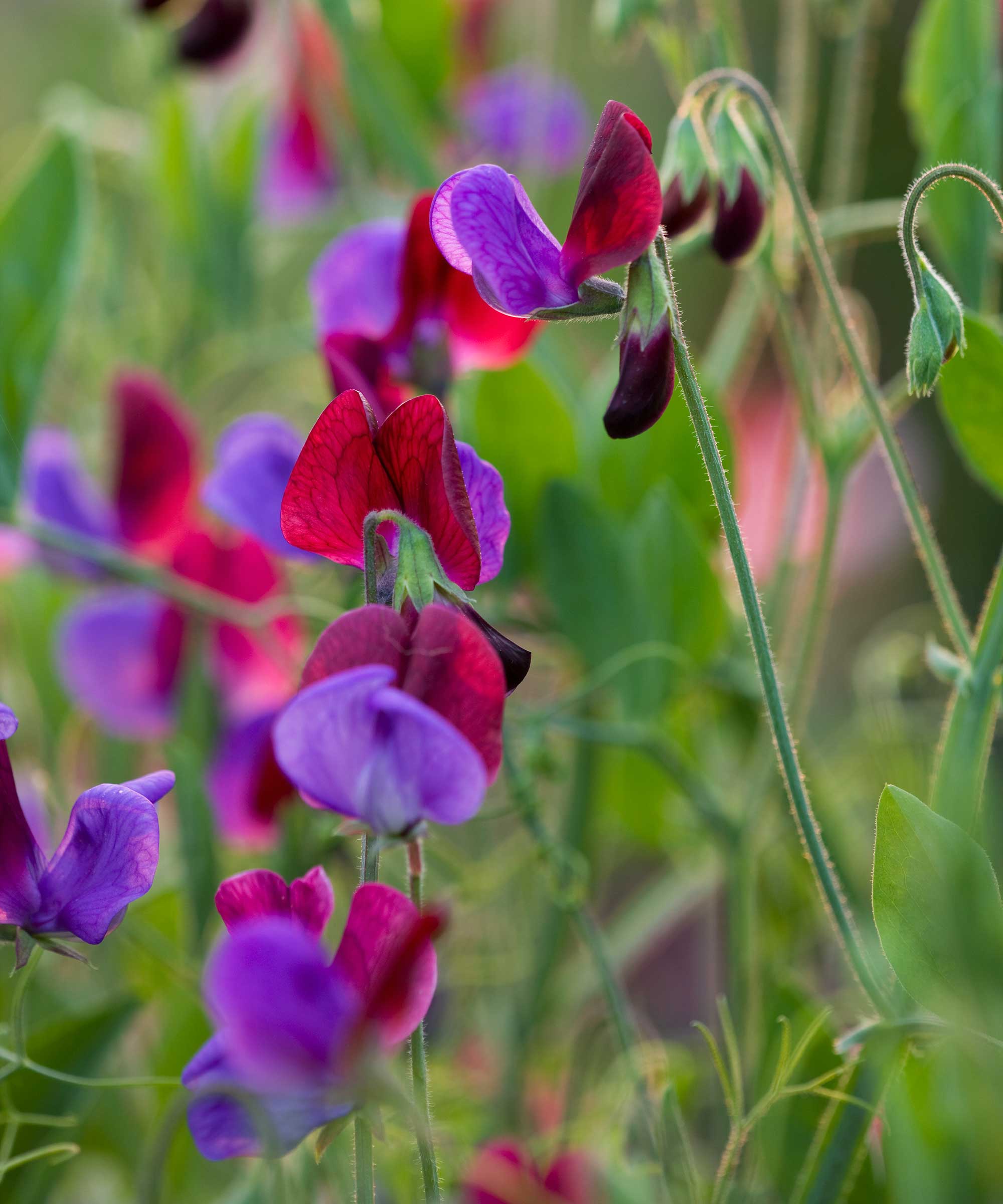
If there's one spring flower to get a head start on in fall, it's growing sweet peas. This is especially true if you want early spring blooms.
Sweet pea varieties are generally hardy across US hardiness zone 2 to zone 10. When sown in the fall, it's best to sow seeds indoors or in a greenhouse. You'll need a seed starter tray (from Amazon) for this.
You can then plant out your sweet pea seedlings in spring, after the risk of hard frost has passed. It's best to first harden off seedlings before this to ensure robust growth.
Find sweet pea seeds at Burpee.
Find sweet pea seeds on Amazon.
3. Larkspur
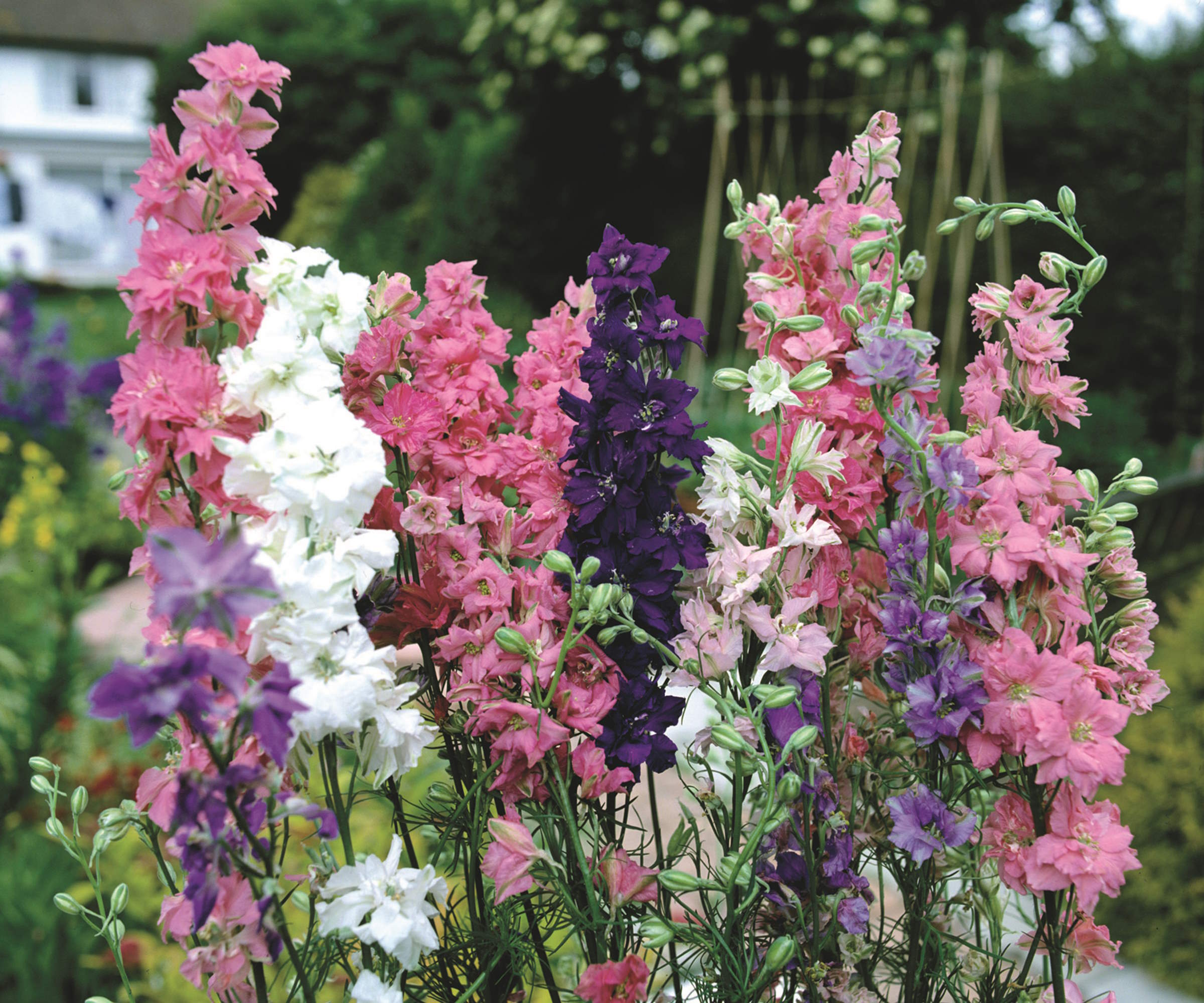
Larkspur is one of the best self-seeding flowers, meaning you will only need to sow seeds once for returning blooms, as these annuals tend to disperse their own seed after flowering in late summer.
When sowing larkspur seeds in fall, you can sow them directly outdoors. The winter temperatures provide essential seed stratification to kickstart growth come spring, resulting in stronger plants.
These blooms are hardy across US hardiness zones 2 to zone 11 and prefer a sunny, sheltered position in a well-draining soil type. Bear in mind they can grow up to six feet (depending on variety), so a position at the back of a border is ideal.
Find larkspur seeds on Amazon.
4. Coneflowers
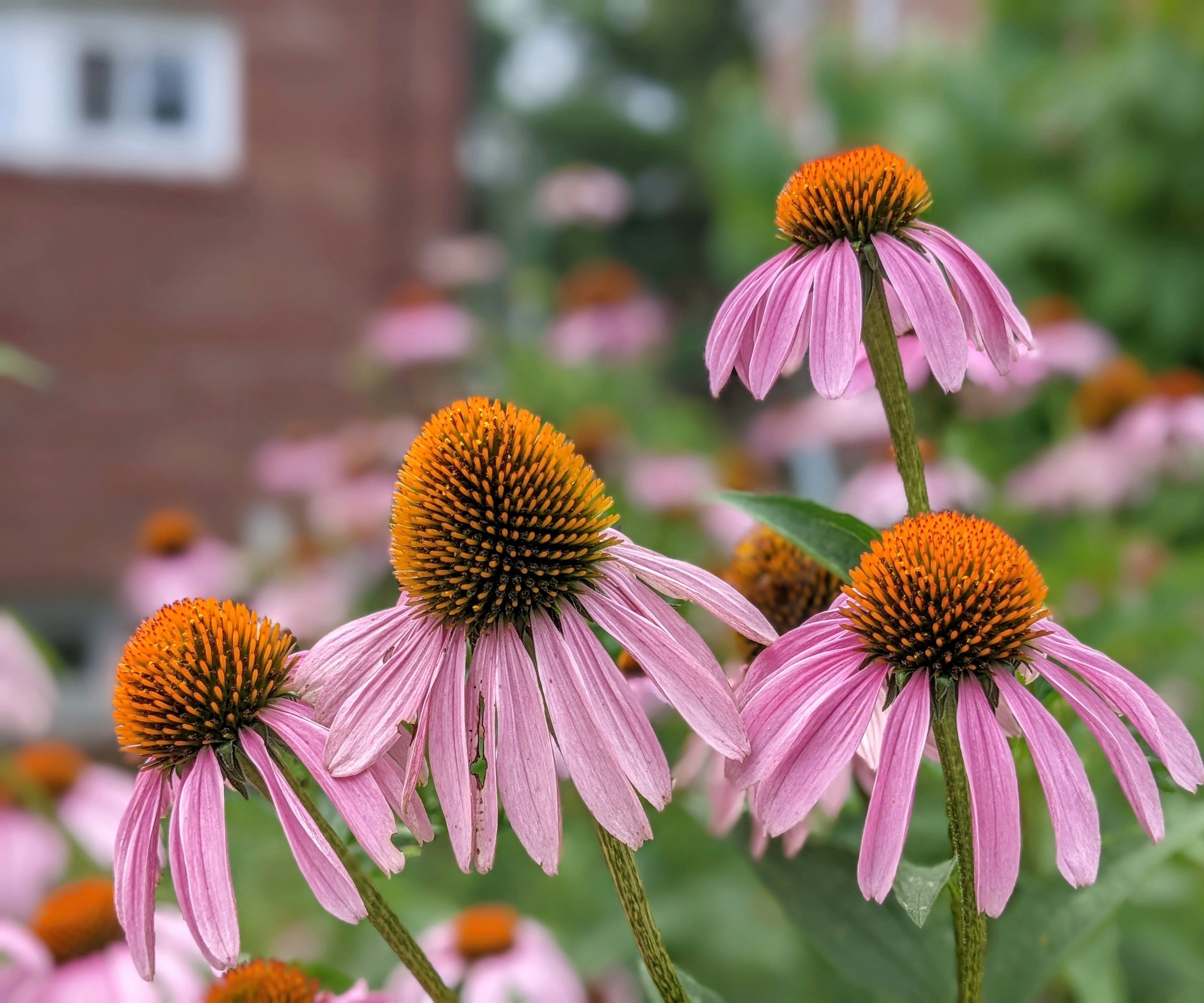
This is a perennial you can grow from seed and sowing in fall provides the perfect amount of time for cold stratification, germination, and root establishment.
Coneflowers can be sown directly outdoors in fall, best in a spot that is well-draining and sunny. They're best grown across US hardiness zones 3 to zone 9.
Sowing in fall will result in blooms in spring, though you should be aware that the plant won't have lots of blooms in its first year, rather focusing on establishing a strong root system. It should have a more impressive flower display in the following years.
Find coneflower seeds on Amazon.
Find coneflower seeds at Burpee.
5. Queen Anne's Lace
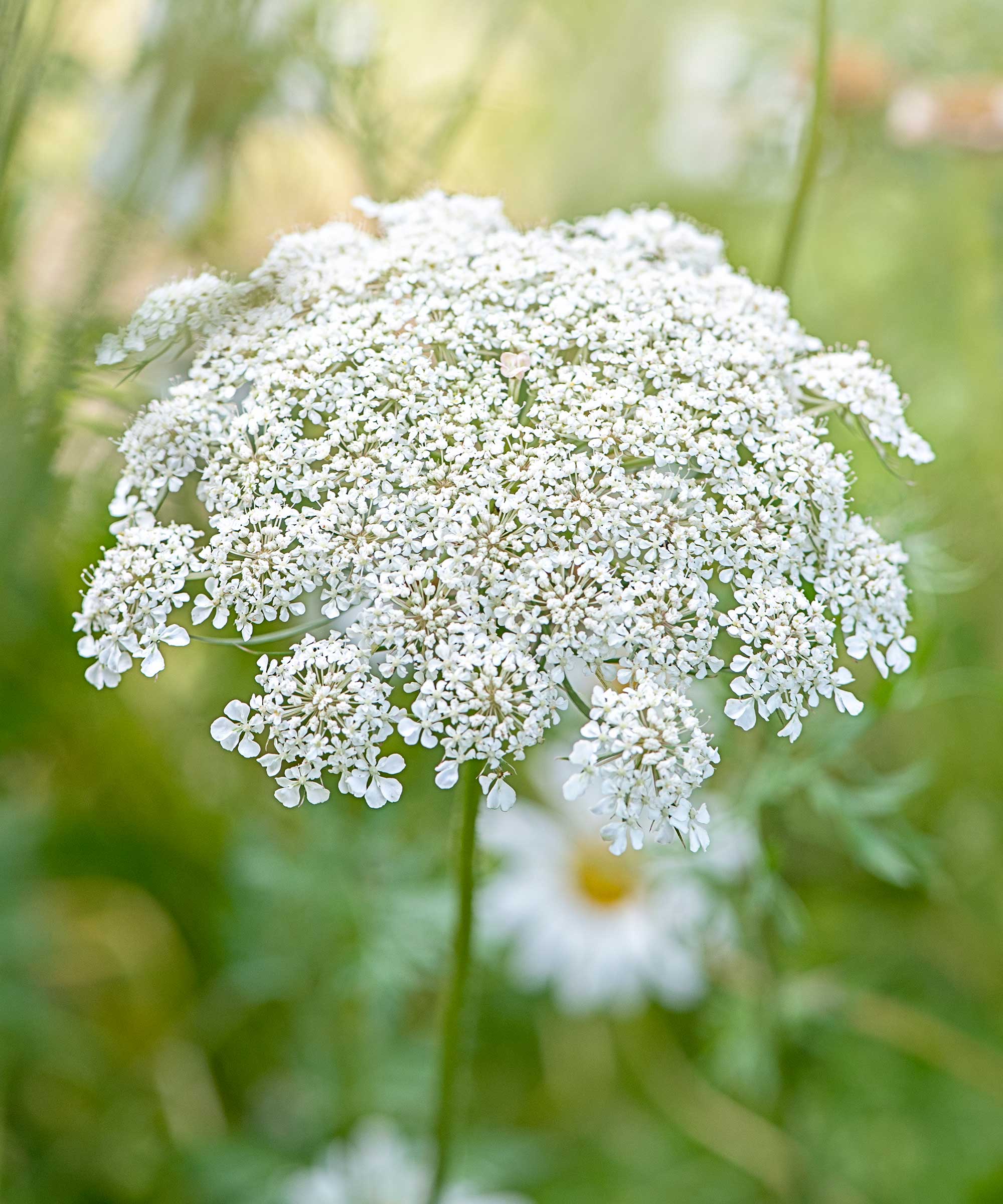
For a filler for borders and beds, consider sowing Queen Anne's Lace in fall.
This short-loved perennial (often treated like a biennial) is best sown directly outdoors this season for strong establishment and growth in spring. Plus, it develops a deep taproot that is not ideal for transplanting, so it's best sown outdoors in its final position.
The seeds should be planted six to 12 inches apart, just below the surface and covered with a thin layer of soil.
It's hardy across US hardiness zones 3 to zone 9, and you can expect to see blooms in its second year before it sets seed for another round of growth.
Find Queen Anne's Lace seeds on Amazon.
6. Nemesia
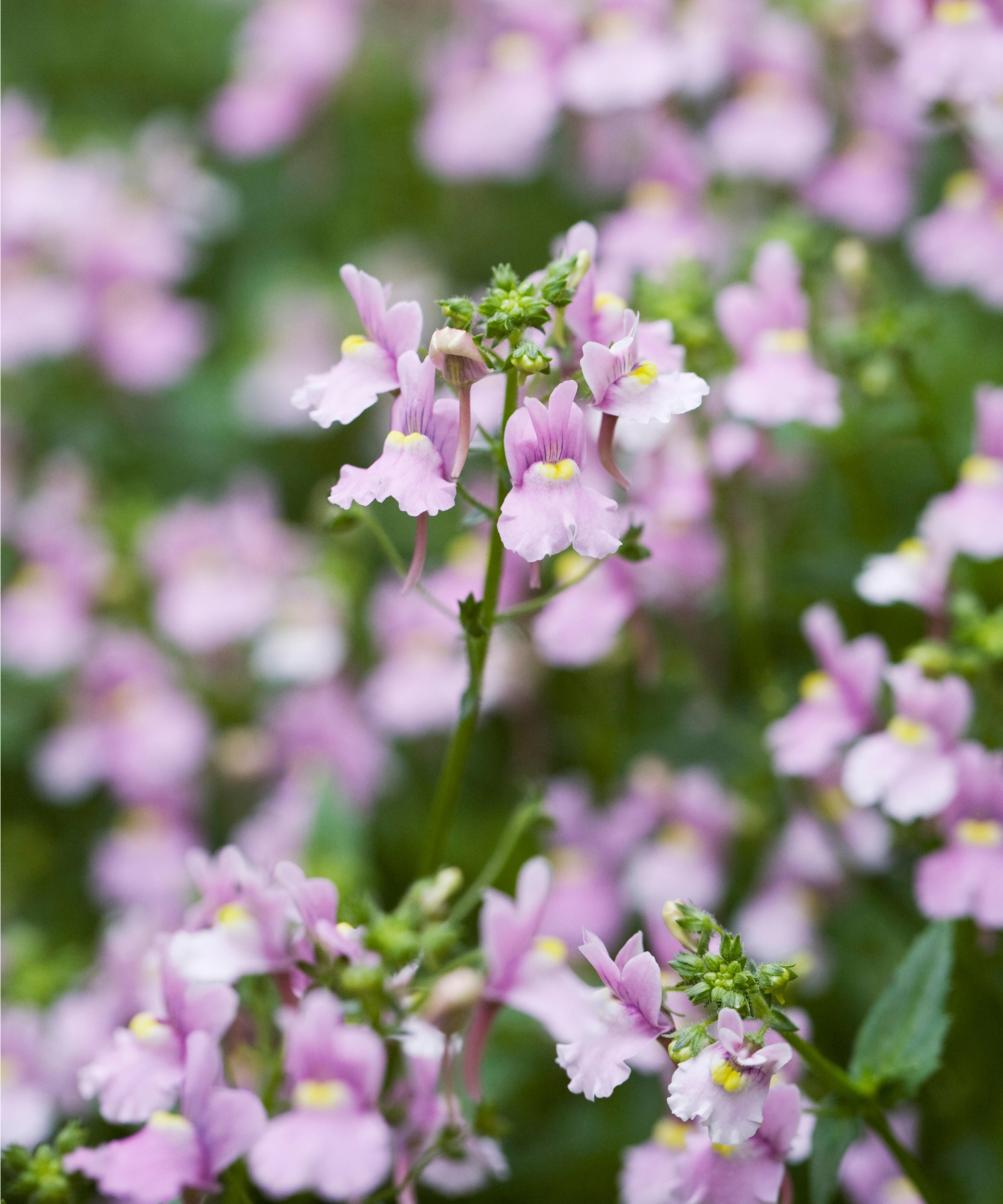
While you commonly purchase nemesia plants in flower in spring, you can also grow this tender perennial (commonly grown as an annual) from seed. It's best grown across US hardiness zones 2 to zone 10.
It's best to sow nemesia seeds in the fall under shelter, such as in cold frame or a greenhouse. This will protect from frost and allow germination for earlier blooming in spring, all the way to late summer.
When the seedlings appear, you should thin them out and keep them potted under shelter until the risk of late frost has passed.
7. Grape Hyacinth
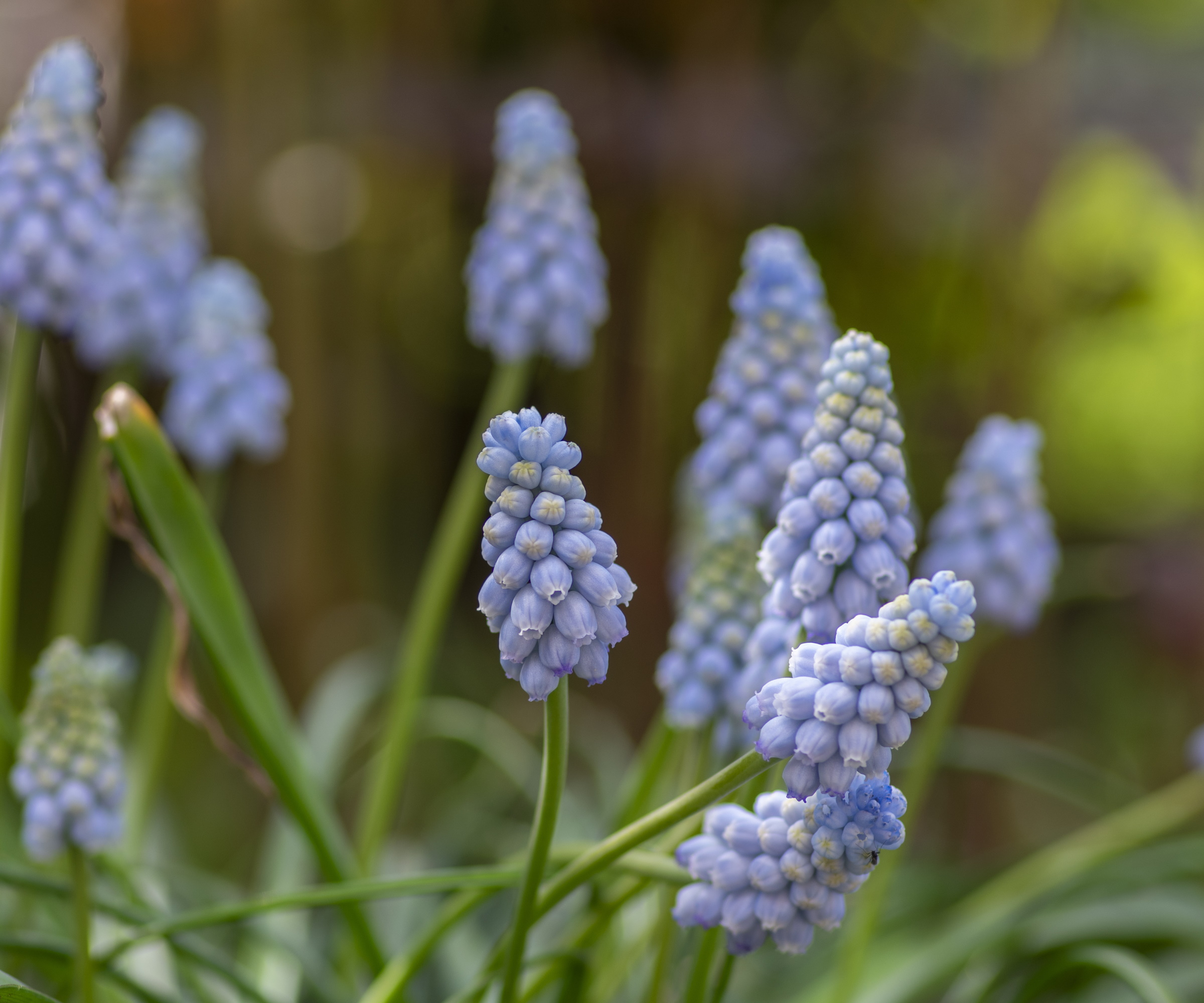
Grape hyacinths (muscari) are some of the best miniature bulbs you can grow, but you can challenge yourself by growing them from seed. The best time to sow? Fall, before frost.
Something to be aware of is the fact that this is not a quick process. When growing grape hyacinth from seed, it could take two or three years before you see any blooms. Nevertheless, seeing those charming cone-shaped flowers will be a rewarding sight.
Sow the seeds directly in their final position, just below the surface and around three inches apart. You should make sure the soil is well-draining and slightly alkaline (use this soil test kit from Amazon to find out more about your soil's pH).
In spring, you will see just a few leaves as the seeds focus on developing a bulb in the first year. You don't need to cut these back at the end of the season; rather, wait until they have yellowed and died back naturally, providing the bulb with as much energy as possible.
Alternatively, plant grape hyacinth bulbs (from Amazon) this month for spring blooming next year.
When planting these flowers to sow in October, make sure to avoid seed sowing mistakes that could hinder your success with them. Likewise, stock up on the following seed sowing essentials to make this job more efficient:

Tenielle is a Gardens Content Editor at Homes & Gardens. She holds a qualification in MA Magazine Journalism and has over six years of journalistic experience. Before coming to Homes & Gardens, Tenielle was in the editorial department at the Royal Horticultural Society and worked on The Garden magazine. As our in-house houseplant expert, Tenielle writes on a range of solutions to houseplant problems, as well as other 'how to' guides, inspiring garden projects, and the latest gardening news. When she isn't writing, Tenielle can be found propagating her ever-growing collection of indoor plants, helping others overcome common houseplant pests and diseases, volunteering at a local gardening club, and attending gardening workshops, like a composting masterclass.
